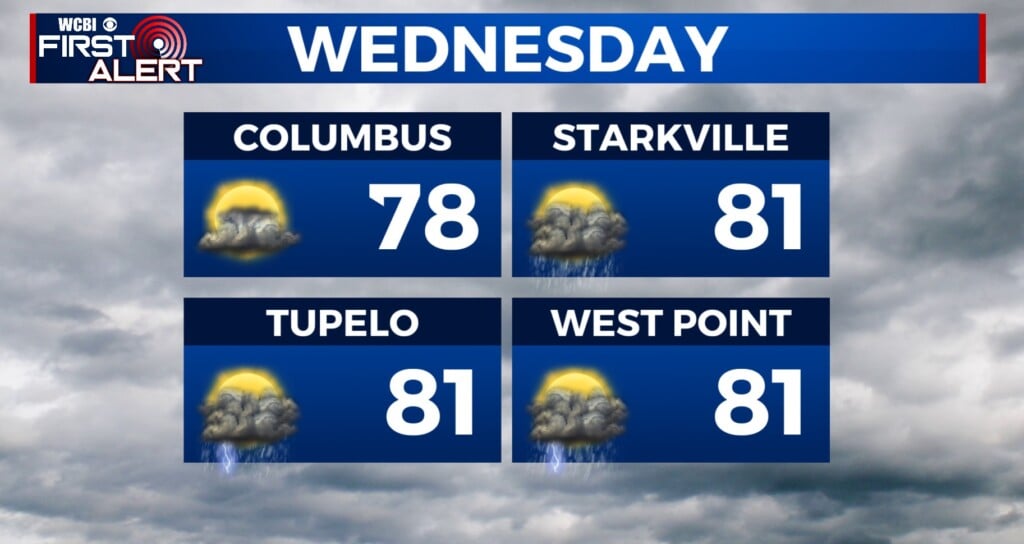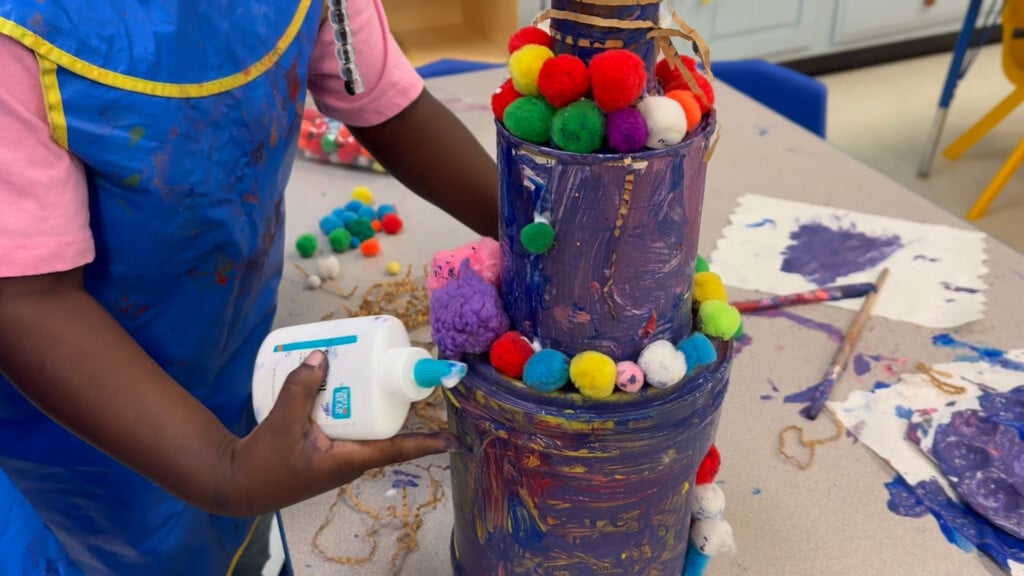Juneteenth: Understanding the hard road to freedom
MISSISSIPPI (WCBI) – Juneteenth is more than just a time of celebration.
It’s a time of reflection and understanding of the struggles African Americans endured during a dark period of American history.
“It was like open season on African Americans.”
Abraham Lincoln issued the Emancipation Proclamation on January 1st, 1863.
But the news didn’t make it down South until June 18th, 1865, after the Union General arrived in Texas to tell the last slaves they were indeed free.
Sherman Carouthers was Okolona’s first black mayor, and history enthusiast, and a current city official for West Point, Mississippi.
According to Carouthers, slaves in Okolona experienced several rounds of freedom before the Emancipation Proclamation was signed.
“As a construct of the Civil War, as the Union soldiers came and occupied territories, those slaves in that area, they became free. So Okolona had three skirmishes. I can see from the institution of slavery, that Okolona went through it about three times because as the Union soldiers occupied your territory, you were free, and many of the slaves left with the Union soldiers.
He says information for public Work Progress Administration reports spanning back over a century holds forgotten history a lot of locals may not be familiar with.
“We have an area we formally call Baptist Town, but if you go back and read the WPAs, it was called Black Town because that’s where many of the slaves occupied that territory with the Union soldiers while they were here in Okolona.”
Tombstones may crumble and fade with time but the knowledge of a people’s history will remain long after.
“Many of the Okolonians in that time period knew that to have a productive community, we need to have a learned community so education is so important.”
The Okolona Normal College was erected 35 after the last slave was freed.
A 1964 survey reported the institution had educated 85% of all African-American teachers in the tri-county area of Chickasaw, Calhoun, and Monroe Counties.




